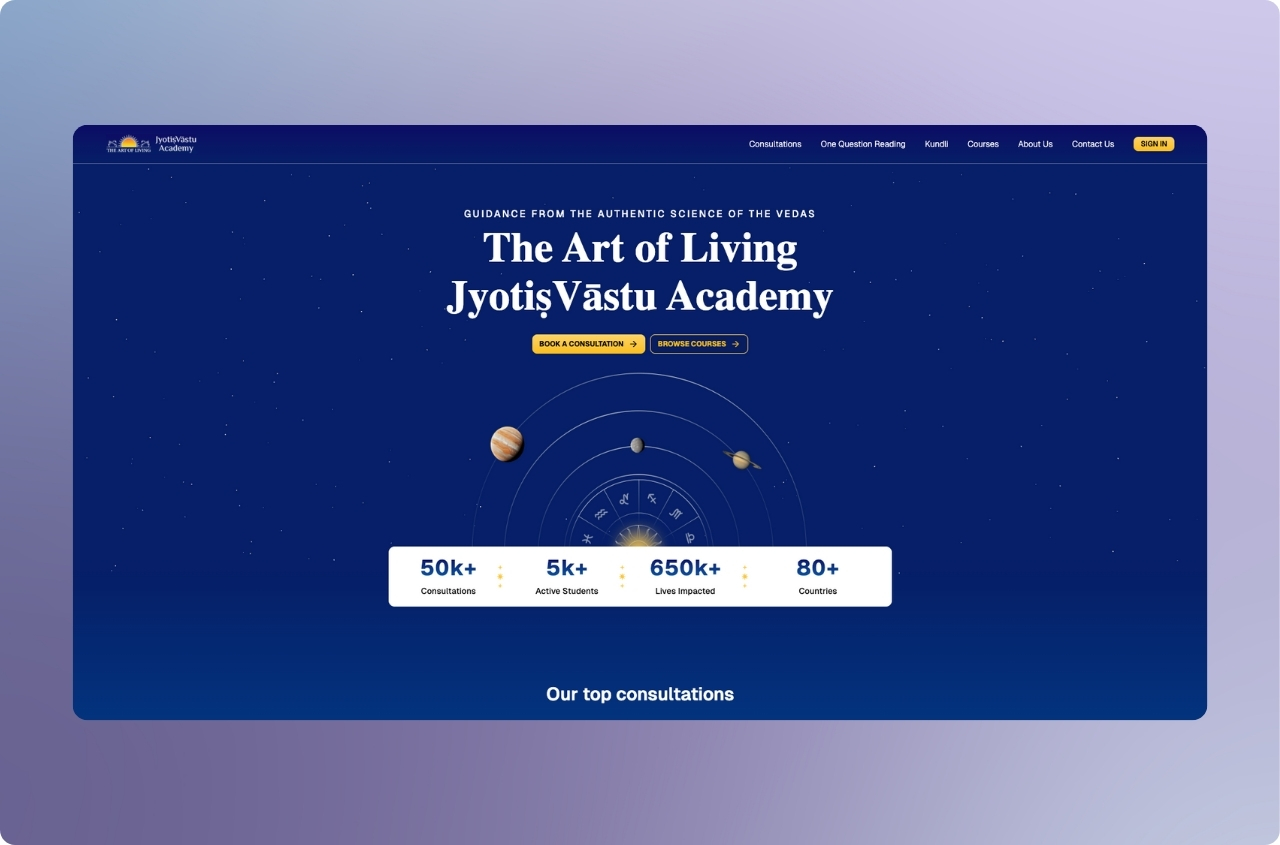Physical events are time-consuming and require a lot of effort and manpower. With the pandemic in 2020, physical events and workshops have come to a standstill. A huge chunk of these events is either being canceled or are delayed indefinitely. As such, virtual events have taken center stage and will continue to take up space in our lives. Will this online movement sustain and replace physical events? Time will tell.
If we take a look at social media feeds, we have our LinkedIn feeds, Facebook posts, and even Whatsapp forwards filled with “virtual seminars or events” being conducted by various businesses and individuals. Questions are even directed toward physical events.
It is well-known that physical events help the networking opportunities side of the story. Meeting people from the industry, the benefits of interactions outside the seminars, making contacts, and being inspired by these conversations act as the cherry on top. Everything is excellent but do these events promote participation inside the hall?
Sitting for hours in a room filled with people, participating in hour-long speeches, business-related advice, how-to’s, etc., takes a toll on the attentiveness of the target audience. No one can concentrate on a topic for hours at a stretch. After some time, you just can’t take a dime of information in your head.
Here’s why virtual events will continue to rule
Flexibility to organize from anywhere

Traditional corporate events are quite limited because a severe amount of logistics is involved. Organizers have to go and search for the venues, plan the entire event, and manage it on the ground. Whereas virtual conferences can be organized from literally anywhere!
If you have the expertise to make the event happen in the physical form, the chances are that the same can be recreated virtually, faster, and in a lot less time and with lower costs. You only need the right platform and tools to achieve event goals and automate most logistics.
Cost efficacy
Since everything you need is already at your disposal, the costs associated with the event’s setup are almost none. Being a virtual concert, people only need a mobile device and the internet. You do not need to worry about renting a venue and the associated costs such as food and drinks, accommodations for speakers, insurance, etc. All of these costs are non-existent while organizing your successful event virtually. All you need is a platform that offers a more holistic experience to the participants.
Scalability
The event can be organized on a far larger scale while taking the virtual road. The fact that physical events are limited by the scope of managing attendee engagement, the size of the venue, and the budget, going virtual is the perfect path to capture a huge audience. Scalability won’t be an issue with inbuilt support for several platforms ranging from Zoom, Google Meets, and Microsoft Teams. Audiences worldwide can attend the event at the same time, which was limited due to geographical limitations.
Time Utilisation
Commute, vendor negotiations, and prep time to launch the online ideas for the event are all things that can be done away with when it comes to virtual event engagement ideas. Time saved is money saved, which makes virtual events even more tempting. This is better from the viewpoint of event organizers and will benefit the virtual attendee experience as well. The need to travel, hire hotels, or even get to the location to attend the event won’t even exist.
Most Importantly, lead generation and sales
Every event planner wants to generate revenue from their events. And so, virtual events can also be great money-makers. At the same time, every participant who registers for your virtual event experience is a candidate who is interested in your domain expertise. They also lead your course business sales. The longer the duration of the promotion of your event, the larger the number of leads captured.
You save money and can make more money with Virtual events, grow your community of followers, and sell more courses with relevant content. While we have looked at all the pros and cons associated with virtual events, the pros heavily outweigh the cons related to these events.
And with the pandemic haunting the world until the vaccine doesn’t get to us, continuing with our digital and virtual life is the only way ahead. The argument doesn’t settle entirely with the virtual world; after all the dust settles, physical events will coexist with virtual events but on a smaller scale.








